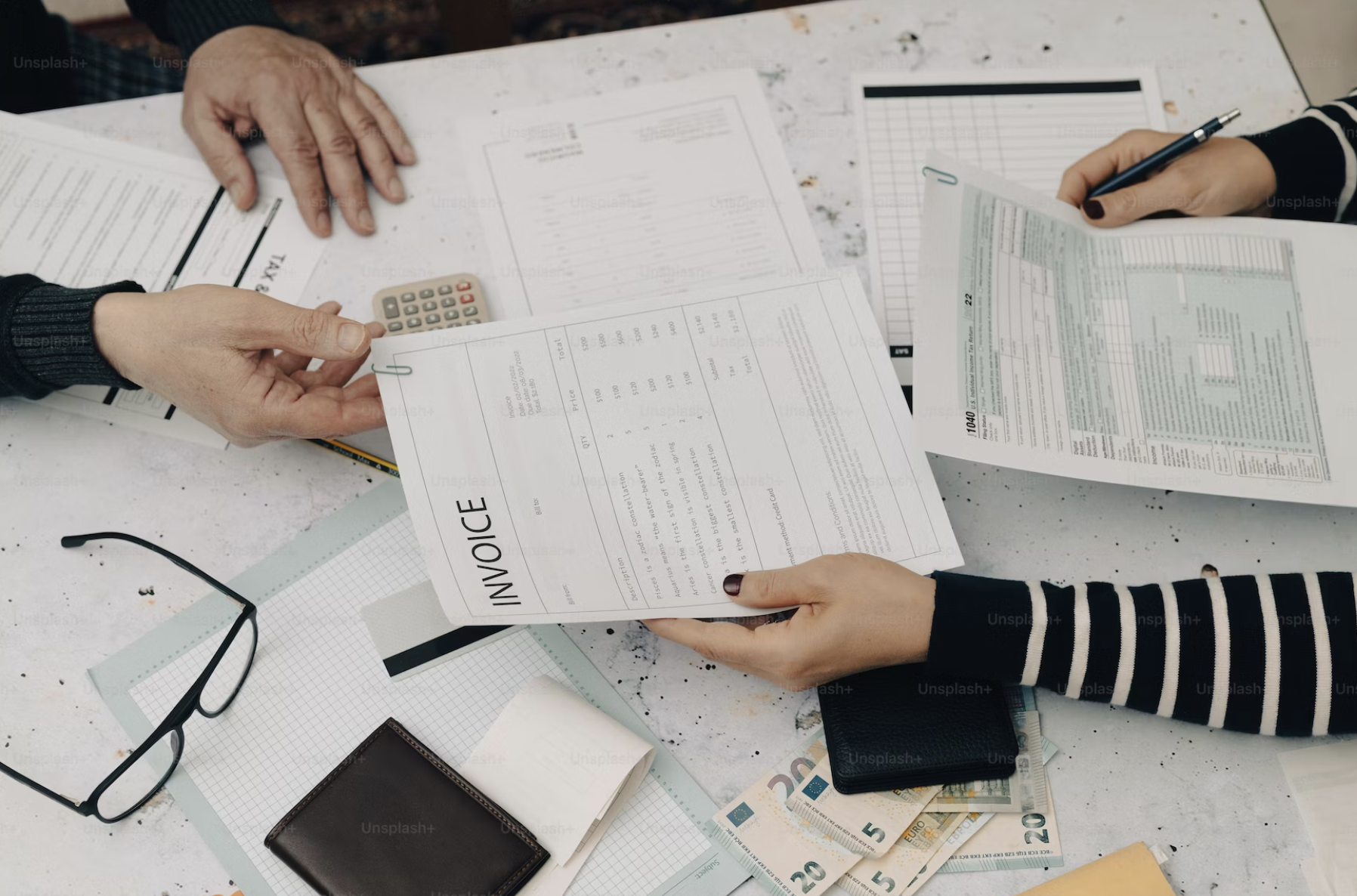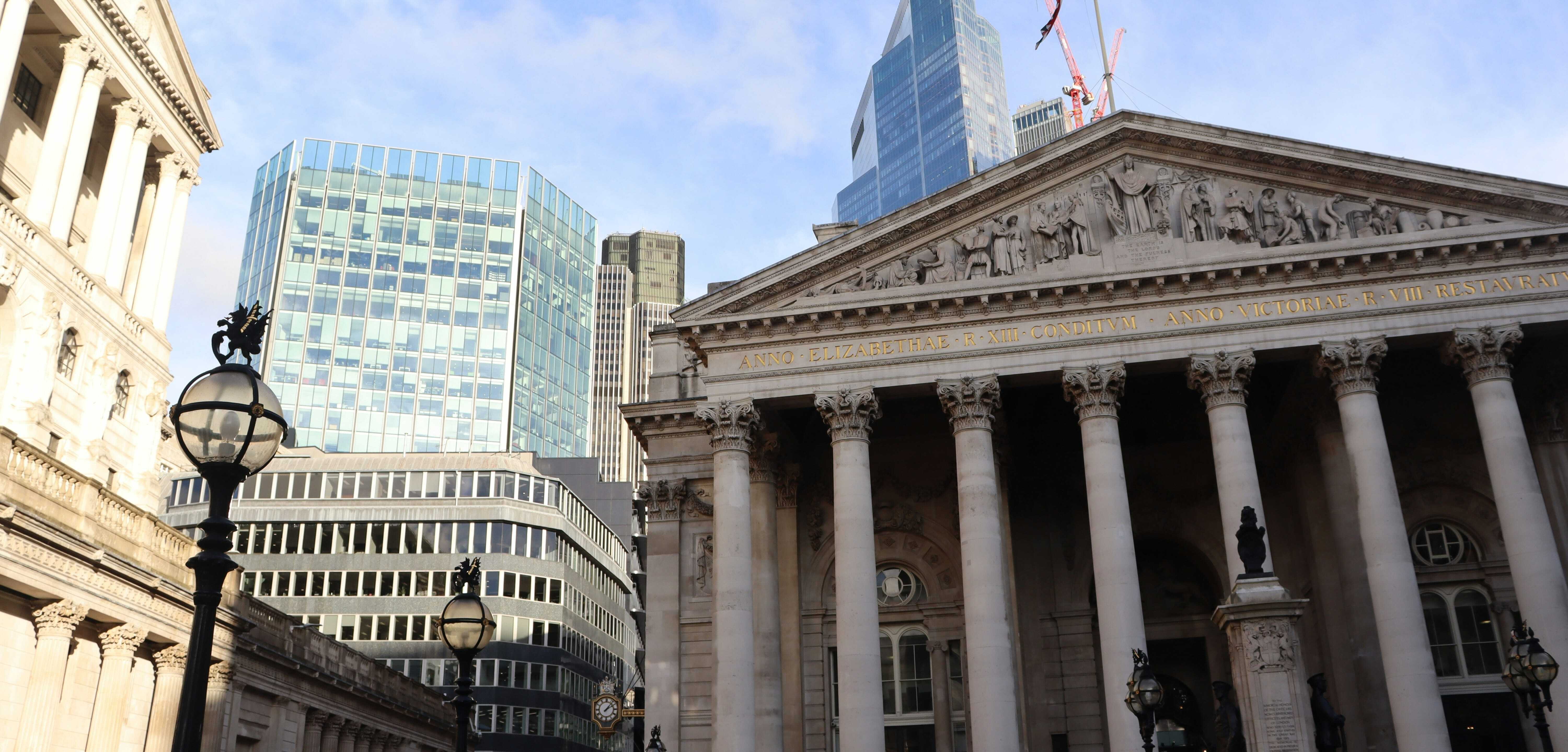
Tax can be tricky.
While it’s important to pay what you need to, it makes no sense to pay more than that. And, in fact, your tax liability can be the difference between profit and loss for your investment. So, quite literally, it pays to be tax-efficient.
That’s why we’ve written this handy series – to help you learn easily, invest confidently, and finally feel tax-triumphant.
At what stage will you pay tax?
This is one of the most common questions we hear about tax – “at what stage do I incur tax on my property investment?”. The short answer, in theory at least, is at three stages:
1. When you purchase
When you purchase your buy-to-let property, you’ll pay Stamp Duty Land Tax (SDLT).
Now, there’s a common misconception that, should you invest with a limited company, you’ll pay more in SDLT than if you buy in your own name. This is false. In fact, in almost all cases you’ll pay the same regardless of how you purchase your property. As a reminder, here are the SDLT rates for additional residential property purchases in England and Northern Ireland, based on property value (assuming you’re buying an additional property through a limited company):

Note: Different taxes and rates apply to investment properties in Scotland and Wales.
2. When you make profits
How you purchase your property will affect the type of tax you pay on your profits. But you’ll always pay some kind of tax on them.
If you buy-to-let in your own name, your profits will be subject to Income Tax (at 20, 40, or even 45%, depending on your tax band). But, if you invest through a limited company, you’ll pay 19% in Corporation Tax on the first £50,000 in profit.
3. When you sell
If you sell a buy-to-let property for more than you bought it, you’ll need to pay Capital Gains Tax (CGT). Depending on your income bracket, that’ll either be 18% or 28%.
When you buy through a limited company, though, you can sell the shares in that company. You’ll still need to pay CGT, but it’s either 10-20% for share sales. That means, no matter your income bracket, you’ll pay 8% less tax on your capital gain when you sell, if you invest through a company.
To get a free personal consultation on your buy to let investment journey, book a meeting with one of our experts here.
Streamline your entire property investment journey
GetGround is the all-in-one property investment platform designed for high returns, with low effort. Built for every stage of the journey, you can find, finance, structure and sell your property investment. No matter if you’re an experienced landlord or a first-time investor - we’re here to help.
The GetGround Team
The GetGround Team
Discover our recent property investing articles:
The Impact of Interest Rate Drops on UK Property Investors
On February 6th, 2025, the Bank of England announced a reduction in its base interest rate from 4.75% to 4.50%. Although an expected announcement, ...
Best Investment Property Locations in 2025: UK Regional Hotspots
The UK property market is becoming increasingly regionalised, with significant differences in growth potential, rental yields, and demand across the ...
How Economic Factors Can Impact UK Landlords
Even with the recent volatility of the UK economic market, the UK property market has remained resilient with homeowners and property investors still ...


